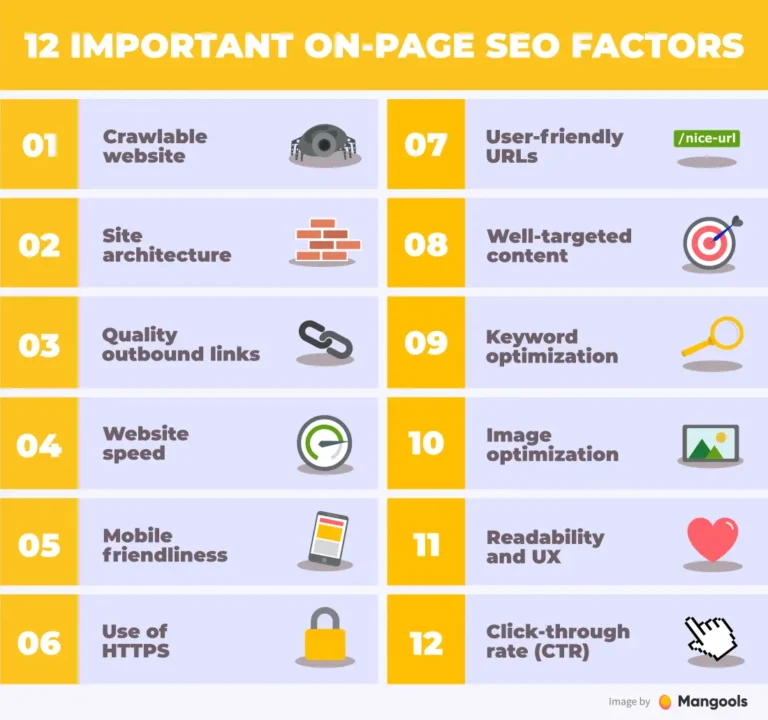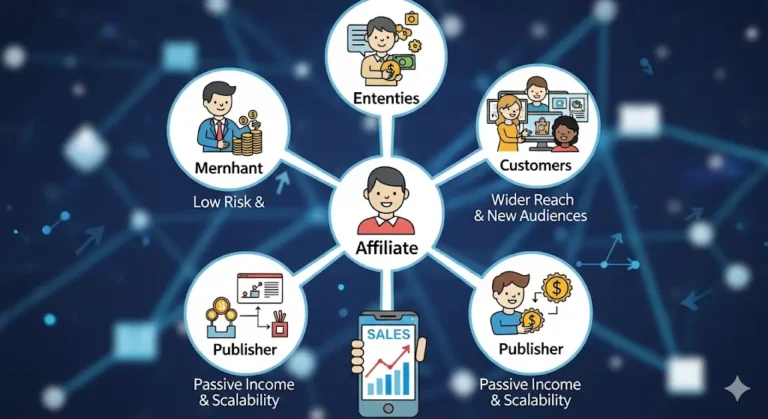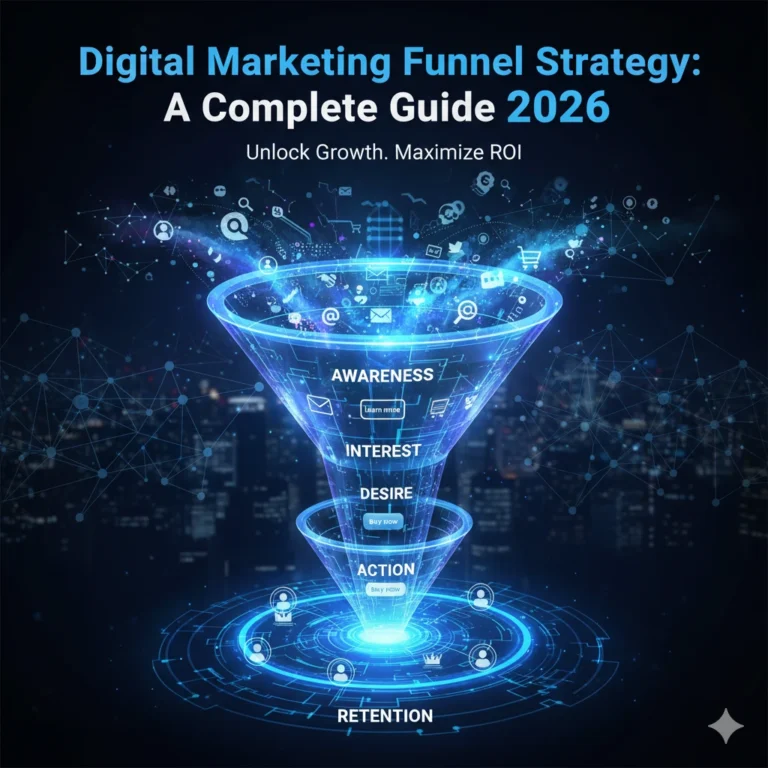Future of Digital Marketing: Exciting Trends Driving 2025 Growth
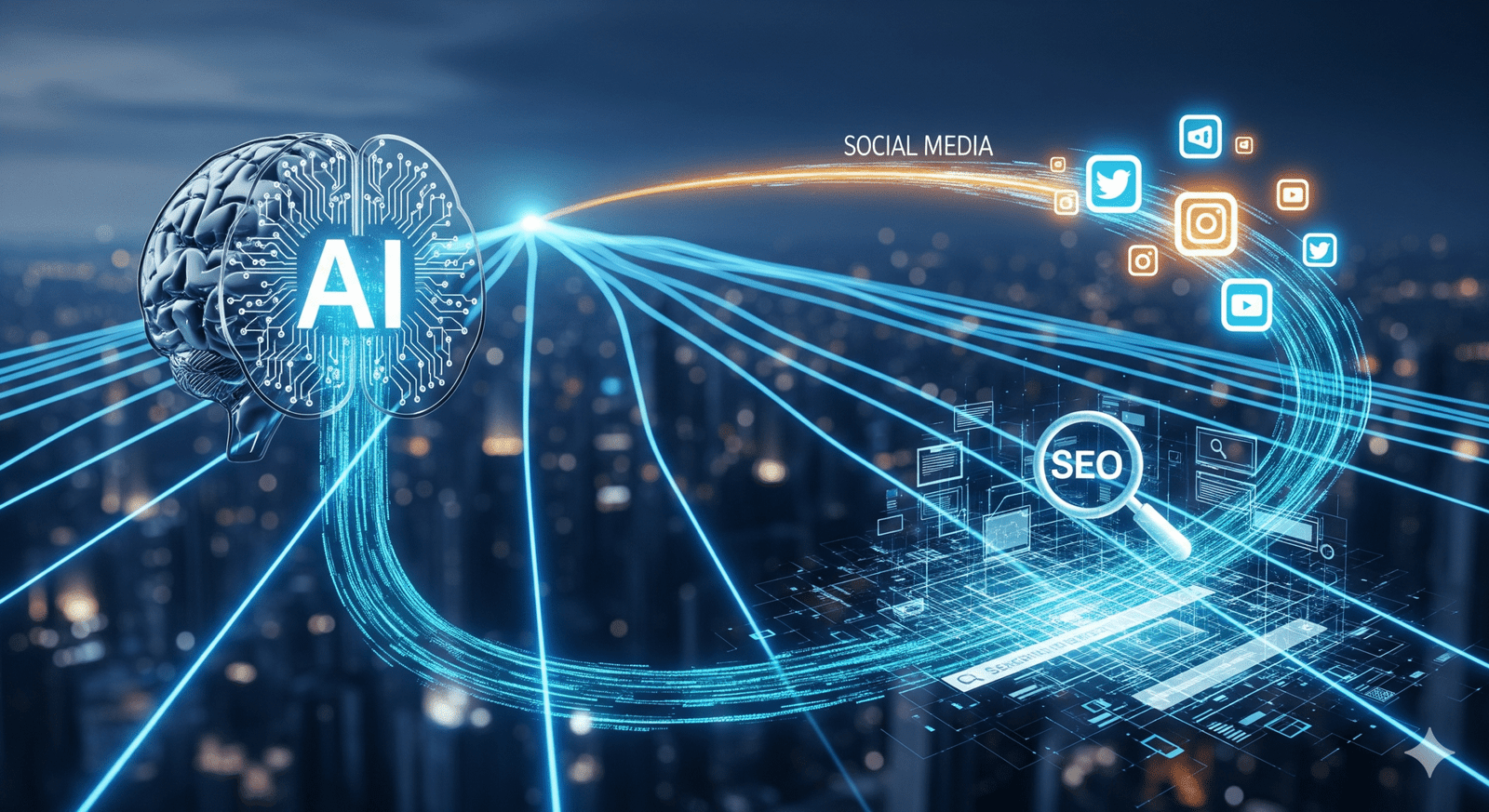
Discover the future of digital marketing with 2025 trends in AI, SEO, social media & automation. Learn strategies driving growth & customer engagement.
The landscape of digital marketing is a dynamic, ever-shifting terrain. What’s cutting-edge today can be commonplace tomorrow. As we navigate the complexities of 2025 and beyond, it’s clear that the future of digital marketing is being shaped by powerful, interconnected trends. These aren’t just minor adjustments; they’re foundational shifts in how brands connect with their audiences. From the rise of artificial intelligence to the renewed focus on ethical practices, staying ahead means understanding these movements and weaving them into your core strategy.
The AI Renaissance: Evolution from Automation to Partnership
Artificial intelligence has evolved from mere automation to an actual partner in digital marketing.
In 2025, artificial intelligence systems are maturing from executing individual tasks to executing compound, multi-step processes. This is the age of the “AI agent,” a sophisticated system that can handle various kinds of information, such as text, images, and video, to make complicated marketing processes easy.
• Generative AI for Content: While AI has been producing content for a while, the latest batch of tools is bringing big changes. Such tools can examine the style, tone, and historical performance of a brand to create content that not just grammatically correct but also consistent with the brand image and interesting for consumers. This enables marketers to develop high-quality, tailored content on a much greater magnitude than possible before.
• Predictive Analytics and Real-Time Optimization: Guesswork is becoming a thing of the past with AI. By processing massive datasets, AI can forecast how customers will behave, identify upcoming trends, and make campaign optimizations in real-time. This enables dynamic ad budget shifting, timely email campaigns, and content that is customized to a user’s probable interests—all without human intervention.
• Hyper-Personalization at Scale: The demise of third-party cookies is compelling brands to depend increasingly on first-party data. AI holds the secret to leveraging that data. It can split audiences into groups by deep behavior patterns, allowing marketers to provide personalized experiences that are perceived as useful recommendations instead of the usual ads. Such personalization is the new normal in digital marketing.

The Conversational & Visual Search Revolution
How individuals search for products and information is evolving dramatically. The hegemony of conventional text-based search is being threatened by voice, visual, and AI-based conversational searches. This implies a dramatic shift in SEO.
• From Keywords to Conversational Queries: Individuals are now searching using natural language, abandoning straightforward keyword searching and embracing more sophisticated, question-based searching. Rather than looking for “best running shoes,” individuals may search, “What are the best running shoes for a rainy city marathon?” Such a change calls for semantic optimization—producing content that responds to specific, long-tail questions in a thorough and conversational way. Your content must be an expert source that can be used by AI to produce direct and precise answers.
• The Emerging Phenomenon of Generative Engine Optimization (GEO): With AI-based summaries becoming the norm in search results, a new kind of optimization, GEO, is in the making. This refers to the act of formatting content in such a way that it is simple for an AI to comprehend and quote. Your content must have simple headings, short paragraphs, and good-defined answers to make it more likely to feature in these AI-generated summaries.
• Visual and Voice Search: Voice commerce will become a multi-billion-dollar market. Likewise, visual search—searching by image for products—is becoming increasingly popular. An effective digital marketing strategy also needs to be optimized for these channels through rich product descriptions, proper image alt text, and friendly tone in all writing.
The Evolution of Content Marketing: Quality, Authority, & Community
With information everywhere, content that stands out is content that provides true value. The future of content marketing isn’t about SEO; it’s about establishing trust and a community feel.
• Ethical and Inclusive Marketing: People are making more and more buying decisions based on their values. Brands that demonstrate a high commitment to sustainability, social responsibility, and diversity are likely to resonate with their audience. This is not a trend—it’s a requirement. Real, ethical marketing creates loyal customers.
• The Power of Short-Form Video: Short-form video platforms such as TikTok, Instagram Reels, and YouTube Shorts are now crucial in digital marketing. Short-form video is no longer for branding alone; it’s now a fundamental conversion driver. Brands are now making informative, engaging, and entertaining pieces of video content that drive users straight to a product or service.
• Community over Followers: The emphasis is now more on creating a dedicated and engaged community than just growing huge numbers of followers. Brands are building private groups, forums, and Discord servers in order to engage in deeper, more meaningful conversations with their most faithful customers. This strategy serves to build brand advocacy and deliver key first-party data for future marketing campaigns.
The Human-AI Balance: A New Skillset for Marketers
As AI assumes more of the number-crunching and mundane tasks, marketers are evolving in their role. The future of digital marketing demands a blend of technical know-how and its own peculiarly human skills.
• Elevated AI Competencies: Marketers must know how to collaborate with AI, rather than merely operating it. This requires learning to design solid prompts, understand AI-generated information, and optimize outputs to meet brand voice and uphold integrity.
• The Value of Soft Skills: As automation takes care of data and numbers, now more than ever are soft skills such as creativity, empathy, and strategic thinking valuable. The skill to narrate a good story, empathize with the emotions of a consumer, and establish genuine connections is what will distinguish a brand.
• Measuring and Attribution: With marketing channels becoming more and more fragmented, it becomes increasingly difficult to measure success effectively. Marketers need to become knowledgeable in data attribution models and measurement approaches to be able to identify which touchpoints are driving genuine conversions and long-term customer value.
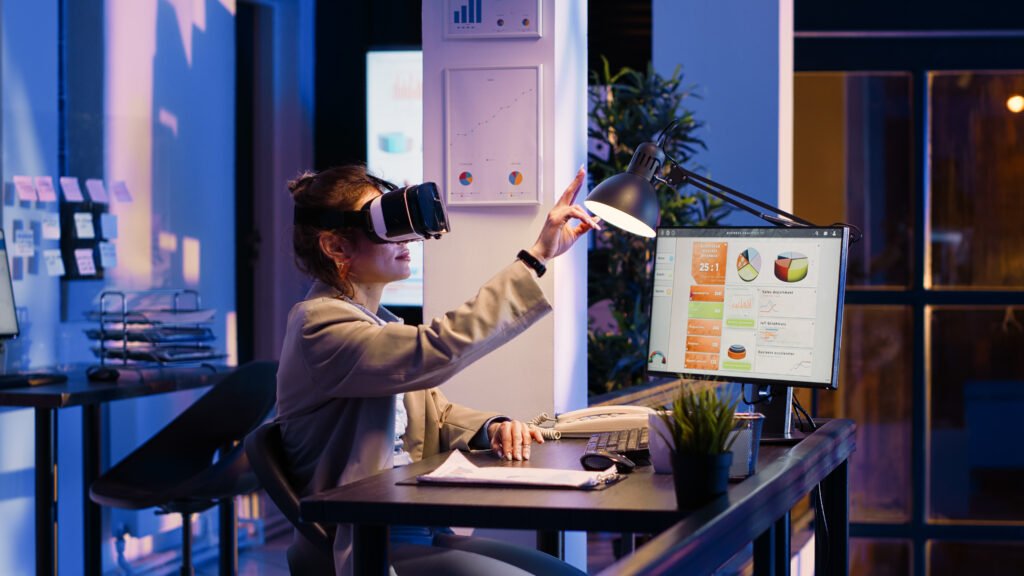
Conclusion - The Road Ahead Of Digital Marketing
The future of digital marketing is a thrilling journey of innovation and adaptation. From the transformative power of AI to the changing nature of search and the imperative of authenticity, the key to success lies in a proactive approach. By embracing these trends—leveraging technology to personalize experiences, creating authentic content for a new generation of consumers, and building a strategy based on community and values—businesses can not only survive but thrive. The tools are evolving, but the core mission remains the same: connecting with people in a way that is relevant, respectful, and genuinely helpful. The future of digital marketing is here, and it’s more human than ever.
1. What does the future of digital marketing look like in 2025?
The future of digital marketing in 2025 will be shaped by AI-powered tools, hyper-personalization, voice search, AR/VR experiences, and data-driven storytelling. Brands that focus on building authentic connections with customers while leveraging smart technologies will stand out
2. Why is personalization important in digital marketing trends?
Personalization is no longer a “good-to-have”; it’s a must-have. Customers expect brands to understand their needs and deliver tailored experiences. In 2025, personalization will go beyond emails—it will include product recommendations, website experiences, and even AI chatbots that feel more “human.”
3. How will AI and automation change marketing strategies?
AI will save time, improve targeting, and create smarter campaigns. From generating content to analyzing customer behavior, automation will allow marketers to focus more on creativity and strategy while machines handle repetitive tasks.
4. Is SEO still important in the future of digital marketing?
Absolutely! SEO is evolving but remains the backbone of online visibility. With voice search, visual search, and AI-driven algorithms, SEO in 2025 will be more about understanding user intent than just keywords
5. What role does social media play in 2025 digital marketing trends?
Social media is turning into a mix of entertainment, shopping, and community-building. In 2025, platforms will focus heavily on short-form videos, live shopping, and influencer-driven content. Brands that create engaging, authentic, and interactive posts will thrive.
6. Will video marketing continue to dominate?
Yes—video will remain a powerful storytelling tool. Whether it’s short Reels, YouTube tutorials, or immersive AR videos, people connect better with visual content. By 2025, interactive and shoppable videos will make video marketing even more impactful.
7. How can small businesses adapt to future digital marketing trends?
Small businesses don’t need massive budgets to succeed. By focusing on local SEO, social media, niche content, and automation tools, they can compete with big brands. Building genuine customer relationships will always be a winning strategy
8. What skills will marketers need in 2025?
Marketers in 2025 should blend creativity with tech-savviness. Skills like data analysis, content creation, SEO, AI tools, storytelling, and adaptability will be crucial. The best marketers will be those who can balance human connection with technology.

